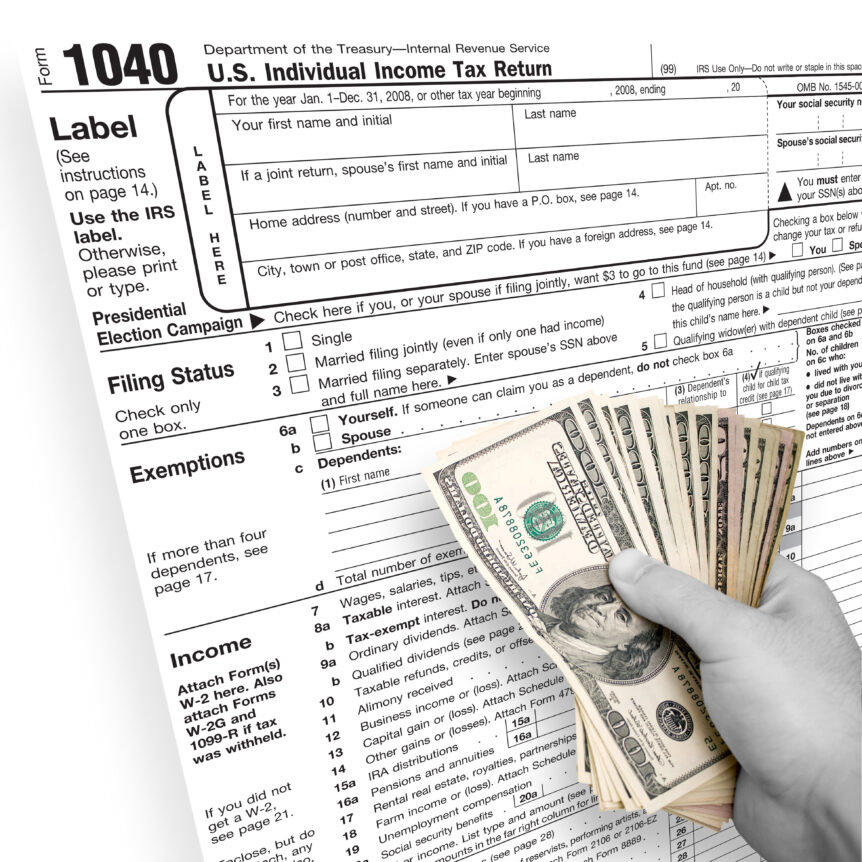Let’s be honest — taxes are one of the few guarantees in life, but overpaying doesn’t have to be.
Whether you’re a high-earning professional, a small business owner, or preparing for retirement, your tax bill can eat into your income, your investments, and your legacy. The good news? With proactive financial planning, you can legally and strategically reduce your tax burden — and keep more of your hard-earned money.
Here’s how effective financial planning helps you stop leaving money on the table:
1. Tax Planning Is Not Just for April
Too many people think about taxes only when it’s time to file. By then, most of your options to reduce your liability are long gone.
Financial planning shifts the focus from tax filing to tax strategy. That means thinking ahead — structuring your finances throughout the year in a way that aligns with your tax bracket, goals, and income sources.
The earlier you plan, the more tools you have at your disposal.
2. Strategic Retirement Contributions
Contributing to tax-advantaged retirement accounts is one of the most effective ways to reduce taxable income.
A good financial plan will help you:
- Maximize 401(k), 403(b), or IRA contributions
- Leverage catch-up contributions if you’re 50 or older
- Choose between traditional and Roth accounts based on your current and future tax bracket
- Consider employer match programs (free money!)
These decisions don’t just reduce taxes now — they’re building blocks for long-term wealth.
3. Tax-Efficient Investing
Not all investment gains are taxed the same. An experienced financial advisor helps you make investment decisions with tax implications in mind, such as:
- Holding investments long-term to benefit from lower capital gains tax
- Placing tax-inefficient investments in tax-deferred accounts
- Using tax-loss harvesting to offset gains
- Managing dividend income strategically
Tax-efficient investing can mean the difference between growth and leakage over time.
4. Smart Charitable Giving
Giving back doesn’t just feel good — it can also help you save on taxes.
With proper planning, you can:
- Donate appreciated assets (like stocks) to avoid capital gains
- Use Donor-Advised Funds (DAFs) for flexible, long-term giving
- Bunch donations to exceed the standard deduction in a high-income year
Charitable giving strategies can reduce your taxable income while supporting the causes you care about most.
5. Business Owners: Structure Matters
If you’re self-employed or own a business, your entity type, deductions, and income strategies can have major tax implications.
A financial advisor can collaborate with your CPA to:
- Choose the right business structure (LLC, S-Corp, etc.)
- Maximize deductions (home office, vehicle, depreciation, etc.)
- Implement retirement plans like SEP IRAs or Solo 401(k)s
Done right, business planning can be one of the most powerful tools in your tax strategy toolkit.
6. Legacy and Estate Planning
Effective planning doesn’t stop at your lifetime — it extends to how your wealth is passed on.
With estate and tax planning combined, you can:
- Reduce estate taxes through trusts and gifting strategies
- Protect your heirs from unnecessary tax burdens
- Structure inheritances in tax-advantaged ways
It’s not just about what you leave behind — it’s about how wisely you do it.
Final Thought: You Earned It. Don’t Let Taxes Take More Than They Should.
Financial planning isn’t just about budgeting or investing — it’s about building a tax-smart strategy that supports your full financial picture. At Wealthnest, we help you make informed, forward-thinking decisions that reduce your tax liability now and over time.
Ready to keep more of what you earn? Let’s build a smarter tax strategy, together.
📞 Call us today at 480-699-5275
📧 Or email us at info@wealthnest.com
🌐 Visit us at wealthnest.com

